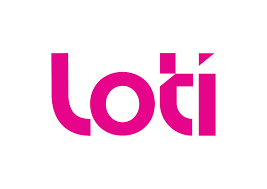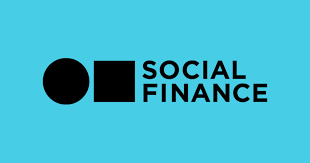Background
As the potential and appetite for a more insightful use of data across the LIIA has grown, it has revealed the limitations with the available data that could be used to build a picture of London and the individual LAs, in particular for the thematic workstreams of the LIIA programme. In response to this we have created the child-level data (CLD) project; an ambitious and creative response to overcoming those limitations in an ethical and legally responsible way.
The CLD project is also guided by the resource constraints that exist within the London LAs, with many data teams having just gone through a restructure or having one in progress or due to start. Cognisant of the ‘squeeze’ on resources generally in LAs, the project uses data that has already been collected and collated by each LA for statutory purposes. This project forms a key part of the ambitions for the LIIA project to address the challenges facing LAs in their use of data.
Project Goals
Local authorities have a wealth of data that they use to manage the services that they provide to Londoners. Within each local authority, this data is used to ensure that the right services are delivered to the people who need it most when they most need it. A considerable amount of this data is supplied to the departments of the Government who have responsibility for the various elements of service delivery within a local authority. The data that these departments publish only partially serves the regional needs for data to help identify and inform regional issues.
There is great potential therefore within the ALDCS if this data can be organised securely, ethically and legally in a way that will enable the LIIA to maximise its use to:
- Give a deeper understanding of the problems DCS’ are trying to address
- Identify areas where, by working together, LAs can achieve synergies
- Highlight good practice which can be adapted and adopted regionally and locally
- Track the impact of changes on the outcomes that matter
- Provide an early warning of building pressures within the region
- Navigate a safe course through a crisis like the pandemic
- Work with partners to improve services delivered in partnership
Phase II of the child-level data project has two core elements:
- Develop and roll out the Infrastructure needed to make the sharing of child-level data from the 33 LAs in London possible within an ethical, legal and secure framework
- Produce standard Information Governance (IG) documentation in consultation with Information Governance for London (IGfL).
- Prepare the ‘pipeline’ to take in and clean large datasets ready for analysis.
- Develop a pan-London data network to allow for the safe transfer of data from LAs to the LIIA data & intelligence team using our own secure data -processing platform developed with and hosted by Social Finance.
- Develop Analyses Valued by London’s Children’s Services Leaders
- Supporting the LIIA Workstreams on Adolescent Safeguarding and Workforce. This would mean supplying more detailed analysis than it is possible to do from the SFRs alone (eg segmentation by age, ethnicity and gender of London adolescent cohorts for our Adolescent Risk work including Child Exploitation).
- Expanding analysis possible
- Supporting other programmes
- Supporting research and work with partners in this region and sector
The plan for the CLD project is to use the infrastructure created (or platform) to take existing structured datasets and produce sophisticated analysis to support the aims of the LIIA. This will be done by sharing the data in four ways;
- Back to each LA in a form that they can use for their own analysis
- Through a Power BI platform allowing a London-wide view of the data down to an LA level
- As a dataset (which may be partially or wholly pseudonymised) to be used by approved researchers for the benefit of children, young people and their families in London
- To support other work, programmes and initiatives in London at the direction of the LIIA Steering Board and ALDCS
Milestones
April – June 2023
Produce analysis for the ALDCS and the thematic priorities
April 2023
Collect six years worth of the SSDA903 data from each London local authority.
September – December 2023
Produce analysis based on the CiN Census, SW Workforce census and SEN2 (once the secure data processing platform is completed and the data has been collected).
Resources
Partners



Information Governance for London (IGfL)
Governance
LIIA Steering Board
London Information Exchange Group (LIEG)

